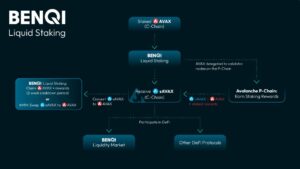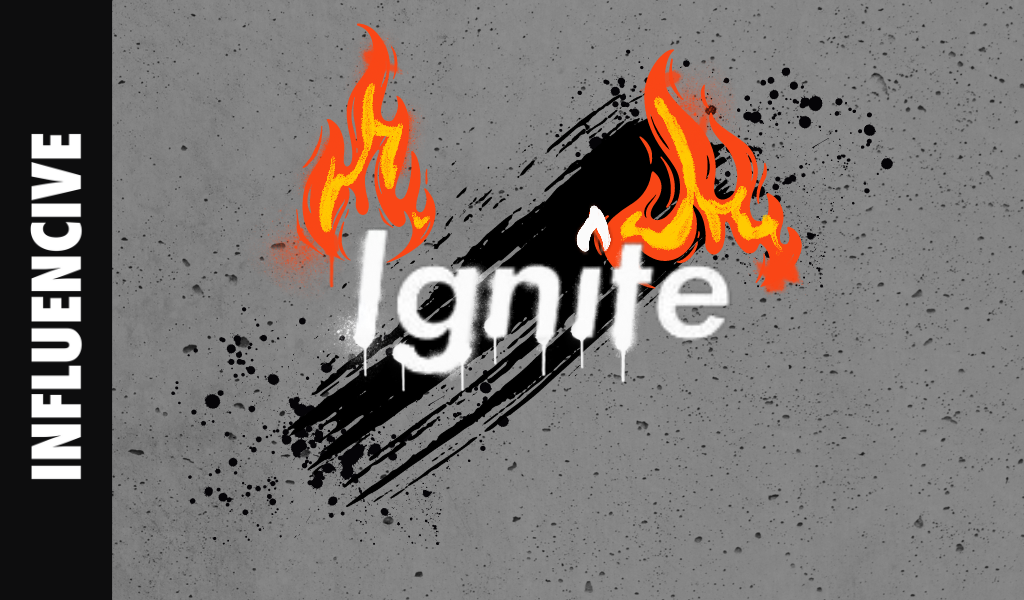On March 2nd, Benqi Finance announced on Twitter their new protocol called Ignite. The purpose of Ignite is to allow anyone to launch and run an Avalanche validator node with a 10x cost reduction. Owning a validator node usually costs 2,000 $Avax, but with Ignite it will only cost users 25 $Avax and 197.5 $Avax worth of $QI collateral (Benqi’s ecosystem token). This is a remarkable price difference and almost sounds too good to be true. So let’s take a deeper look at what a validator node does, find out what Benqi Finance is all about, and dig a little deeper into their new Ignite protocol.
Validator Nodes
Avalanche validator nodes are a key part of the Avalanche blockchain. They are responsible for verifying transactions and validating blocks that make up the blockchain which secures the entire network. Validator nodes play an important role in maintaining decentralization and preventing malicious behavior from actors who wish to disrupt or damage the blockchain. The people who own and run them are literal stakeholders in the network. Finally, by verifying transactions faster than proof-of-work blockchains, Avalanche can offer near-instantaneous finality while enabling its users to transact with peace of mind knowing that their funds remain secure.
Benqi Finance
Benqi is a DeFi protocol running on Avalanche. It consists of a liquidity market (borrowing and lending) and Benqi Liquid Staking (BLS). For this discussion, we’re primarily concerned with BLS. Essentially, BLS tokenizes staked $Avax and allows users to use $sAvax in other protocols while their regular $Avax is staked with Benqi. So think of it like this – a user stakes regular $Avax and receives $sAvax in return. Then the user can swap $sAvax for $Avax or keep the $sAvax and use it in Benqi or other DeFi protocols. BLS frees up what would otherwise be locked away capital which creates greater capital efficiency within the Avalanche network. Finally, one of the nice features of BLS is there are no fees to deposit or withdraw.

Ignite Protocol
Benqi also published a Medium article explaining some of the details of their new Ignite program. Benqi said that recent partnerships with Fortune 500 companies and the likely increase in the use of the Avalanche network were some of the reasons for launching the Ignite program. In the first paragraph, they also state that Ignite will reduce the cost to run a validator node by up to 10x.
Benqi says that due to the success of BLS, they have one million $Avax ready to accelerate the growth of Avalanche. In the Ignite program, Benqi provides all 2,000 $Avax required to create a validator node in exchange for the user providing 25 $Avax and 197.5 $Avax worth of $QI as collateral.
Ignite is a scaling initiative designed to increase the size, scope, decentralization, security, and use cases of Avalanche. It will allow more developers to build on the network and will also allow more individual stakers to run their own validator nodes. Currently, according to the Avalanche website, the APY for owning and running a validator node is 8.53%. However, it’s unclear in the Medium article whether or not Ignite participants will earn APY on the full 2,000 $Avax or only on their supplied collateral of 25 $Avax plus 197.5 $Avax worth of QI.
Final Thoughts
Some questions remain to be answered about Ignite, but it’s a very interesting concept. Ignite isn’t due to be released until early May and more information will be coming out in the meantime. Users will likely have questions about fees, which amounts the validator APY will be based on, and who retains ownership of the validator. If Benqi structures Ignite in a way where these numbers make sense and the user owns the validator, this could be an excellent way to grow, secure, and profit from Avalanche.
This is a Contributor Post. Opinions expressed here are opinions of the Contributor. Influencive does not endorse or review brands mentioned; does not and cannot investigate relationships with brands, products, and people mentioned and is up to the Contributor to disclose. Contributors, amongst other accounts and articles may be professional fee-based.

